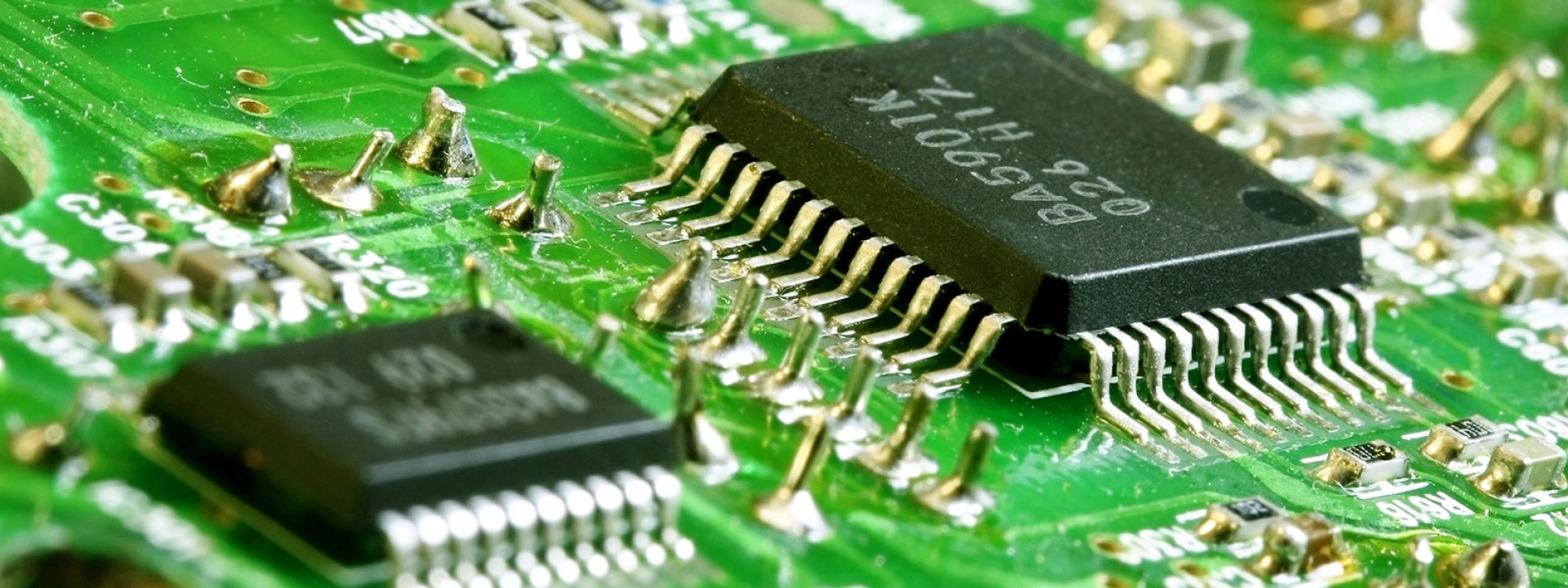News & Events
The pursuit of technology sovereignty from China to the U.S. to Europe has moved to the forefront as semiconductors emerge as the coin of the realm.
As Beijing invests billions on chip innovation and U.S. lawmakers reach consensus on the strategic value of chips, the European Union is entering the fray with proposed legislation aimed at advancing technology independence. The declaration, dubbed the European Chips Act, was proclaimed by European Commission President Ursula von der Leyen in a State of the Union address on Sept. 15.
“We depend on state-of-the-art chips manufactured in Asia,” von der Leven said. “This is not just a matter of our competitiveness. This is also a matter of tech sovereignty.”
Details such as funding levels and production schedules were not disclosed.
Similar to U.S. efforts, the European chip initiative aims to forge a “chip ecosystem, including production,” van der Leven stressed. Both respond to supply chain disruptions and heavy reliance on Asian producers. In parallel, China wants to shed its dependence on western vendors for advanced logic devices while reining in the chip manufacturing behemoth across the Taiwan Straits.
The European Chips Act builds on another IC initiative announced in July dubbed the European Alliance on Semiconductors. These and other moves illustrate how EU leaders are also striving to reduce dependence and Asian chip suppliers as the continent lays the groundwork for its upcoming “Digital Decade.”
Given the global nature of the chip industry, it’s unclear whether western allies and critical suppliers such as Taiwan Semiconductor Manufacturing Co. can go their own way to advance strategic chip technology. To that end, TSMC is planning to shift some production to the U.S. as a hedge against Chinese pressure.
Thierry Breton, the European Commissioner for internal market, stressed the region’s R&D capabilities in a blog post, citing Imec in Belgium, France’s LETI/CEA and Germany’s Fraunhofer Society. Acknowledging the need for international cooperation, Breton added: “The idea is not to produce everything on our own here in Europe.”
Still, Breton declared, “With the European Chips Act, our tech sovereignty is within reach.”
Chip industry groups riding a wave of record quarterly orders for design tools, wafers and production equipment applauded the European semiconductor initiative. “Transparent implementation of such initiatives allows industry participants the opportunity to efficiently strengthen the resilience of the global semiconductor industry and create a more robust supply chain,” said Ajit Manocha, president and CEO of the industry group SEMI.
“The current chip shortage has exacerbated backlogs and lead times for semiconductor manufacturing equipment and materials,” Manocha added. “Incentives should extend to investments in both new and existing semiconductor manufacturing equipment and materials facilities.”
To that end, the European initiative will include efforts to develop “mega fabs” able to scale and ramp volume production of chips, beginning at the 2-nanometer node. Energy-efficient ICs is another priority as the electric vehicle market takes off across Europe.
The mega fab theme echoes U.S. efforts spearheaded by Intel CEO Pat Gelsinger. The U.S. chip maker plans to build its own giant fab designed to kickstart U.S. chip production. Intel has said it expects to select a site by year’s end.
The EU initiative also underscores what technology analysts have been emphasizing since the outbreak of the U.S.-China trade war. “Everyone now realizes that semiconductors are a strategic industry,” James Lewis of the Center for Strategic and International Studies noted in an EE Times podcast.
By EETimes






